The protest of the Dakota Access Pipeline (DAPL), also known as the Bakken Pipeline, led by citizens of the Standing Rock Lakota Sioux Tribe, presented Appalachian State University’s Dr. Dana Powell with an unexpected opportunity to further her research around indigenous land claims and energy infrastructure during fall 2016. Due in large part to the protests, the United States Army Corps of Engineers decided Dec. 4 to block, for now, the building of an oil pipeline near the reservation.
The ongoing conflict in North Dakota and Powell’s research, however, likely will continue for years to come. There is much more at stake, the assistant professor of anthropology said, than stopping this one pipeline: “Rural North Dakota is a global site of action in the transnational energy business. This is about climate change and human and non-human life in the anthropocene. These are the big questions that inform this research project. Politically, this is about Native sovereignty over territory, reaching beyond Standing Rock, affecting energy-rich Native and First Nations across North America.
“You cannot talk about sustainability in the United States if you don’t deal with the question of Native sovereignty. The ‘3Es of sustainability’ that folks like to reference [environment, economy and equity] do not speak to what’s at stake with indigenous land claims. That can’t fall under equity. The very existence of these nations and the way in which the Sioux can make a claim poses a fundamental challenge to the federal government of the United States,” she said.
Powell, who joined the Department of Anthropology in 2011, had done extensive ethnographic fieldwork in the Diné (Navajo) Nation in the U.S. Southwest, as well as some related work in Chiapas, Mexico, focusing on indigenous movements and energy technologies, both fossil fuel-based and renewable.
Standing Rock presented an unexpected opportunity for fieldwork that was immediate, compelling and intimately related to her longstanding work with Diné colleagues, Powell said. She was granted her second University Research Council (URC) award from Appalachian in 2015, to continue her research around environmental justice, indigenous territories, energy infrastructure and public debates on technology in the Navajo Nation. She had planned to return to Navajo territory in fall 2016 to begin work on a new project. Also in the works was a proposal to collaborate with a Maori colleague in New Zealand around water rights, electricity and Maori territory. But, by the end of August, the friction at Standing Rock was escalating and her Diné friends invited her to join them in North Dakota.
Normally, cultural anthropology research projects take long-term planning and preparation, including a fair amount of paperwork for institutional review board (IRB) approvals. However, the National Science Foundation now has “a rapid response situation for funding in emergent and unanticipated contexts,” Powell said. As a result, both Appalachian’s URC and IRB enabled Powell to respond quickly and flexibly to the situation.
At Standing Rock, Powell said she and her undergraduate research assistant, Ricki Draper ’18, engaged in participant observation. “We are trying to unsettle, swerve or push past the prepared statements. We are trying to ask different questions, to tap into oral histories, memories, meanings and related struggles. We are also paying attention to practices of healing and survival … and the aesthetic techniques of the camps. I’m looking at what people are wearing, the signs and murals around the camp, how they are putting up structures. Our [research] is about what people say, but also what people do and create.”
What do you think?
Share your feedback on this story.
About the Department of Anthropology
The Department of Anthropology offers a comparative and holistic approach to the study of the human experience. The anthropological perspective provides a broad understanding of the origins as well as the meaning of physical and cultural diversity in the world — past, present and future. Learn more at https://anthro.appstate.edu.
About the College of Arts and Sciences
The College of Arts and Sciences (CAS) at Appalachian State University is home to 17 academic departments, two centers and one residential college. These units span the humanities and the social, mathematical and natural sciences. CAS aims to develop a distinctive identity built upon our university's strengths, traditions and locations. The college’s values lie not only in service to the university and local community, but through inspiring, training, educating and sustaining the development of its students as global citizens. More than 6,800 student majors are enrolled in the college. As the college is also largely responsible for implementing App State’s general education curriculum, it is heavily involved in the education of all students at the university, including those pursuing majors in other colleges. Learn more at https://cas.appstate.edu.
About Appalachian State University
As a premier public institution, Appalachian State University prepares students to lead purposeful lives. App State is one of 17 campuses in the University of North Carolina System, with a national reputation for innovative teaching and opening access to a high-quality, cost-effective education. The university enrolls more than 21,000 students, has a low student-to-faculty ratio and offers more than 150 undergraduate and 80 graduate majors at its Boone and Hickory campuses and through App State Online. Learn more at https://www.appstate.edu.
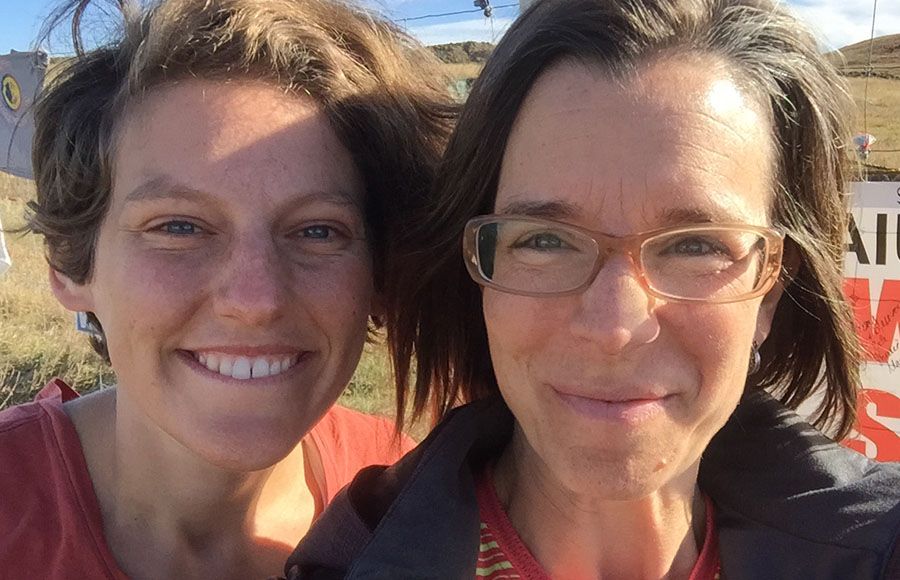
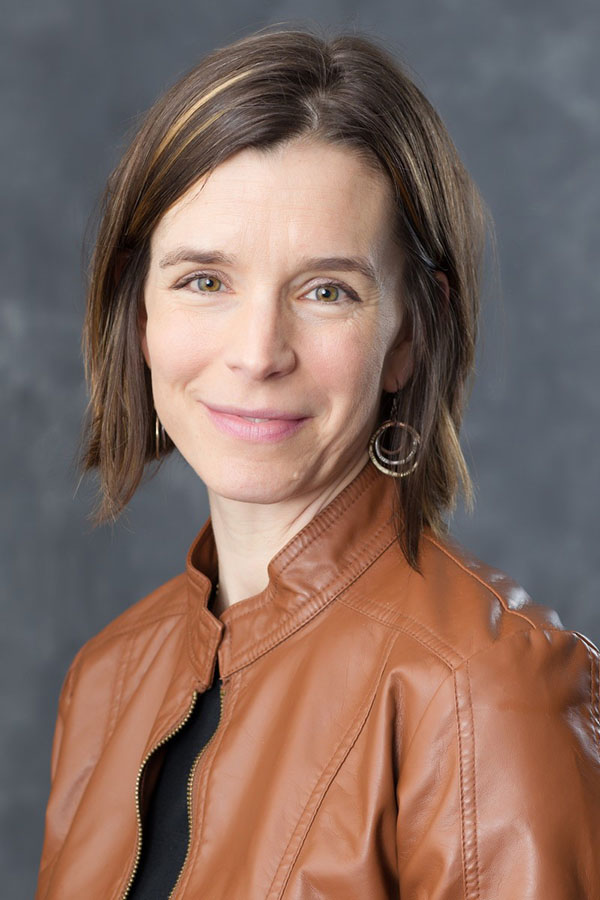
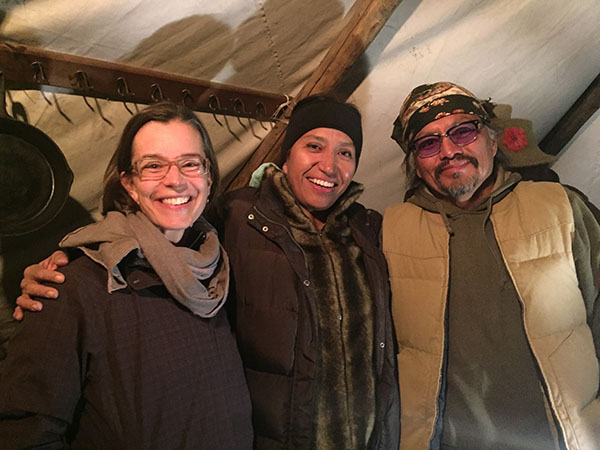
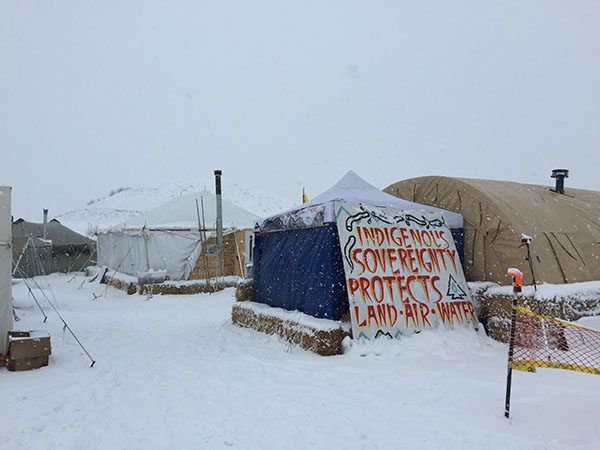
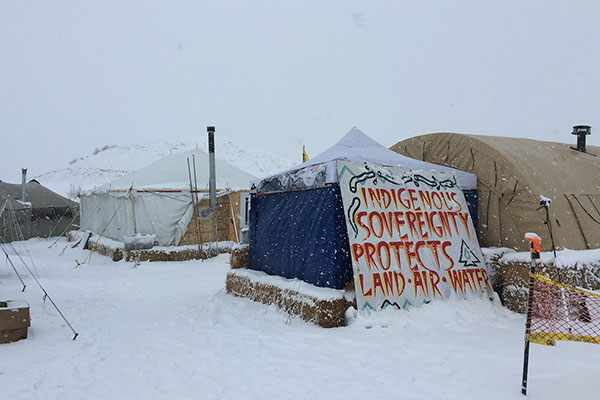

![How NCInnovation Is Rethinking Economic Development in North Carolina [faculty featured]](/_images/_posts/2026/02/rethinking-economic-development-600x400.jpg)









